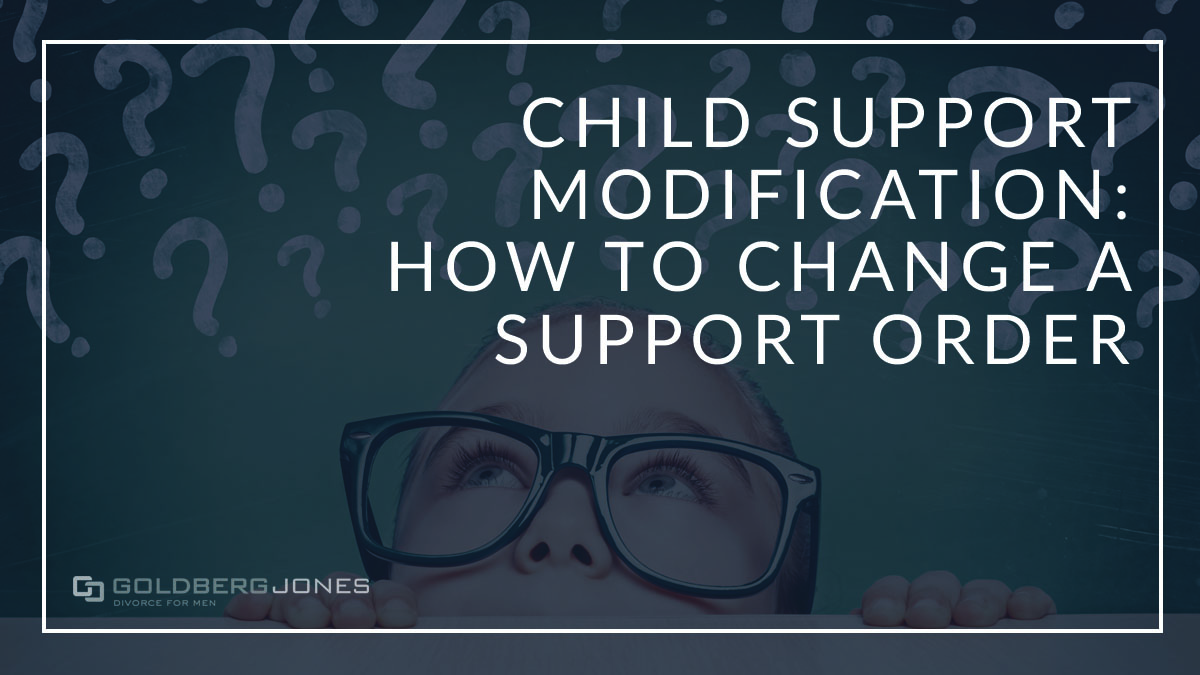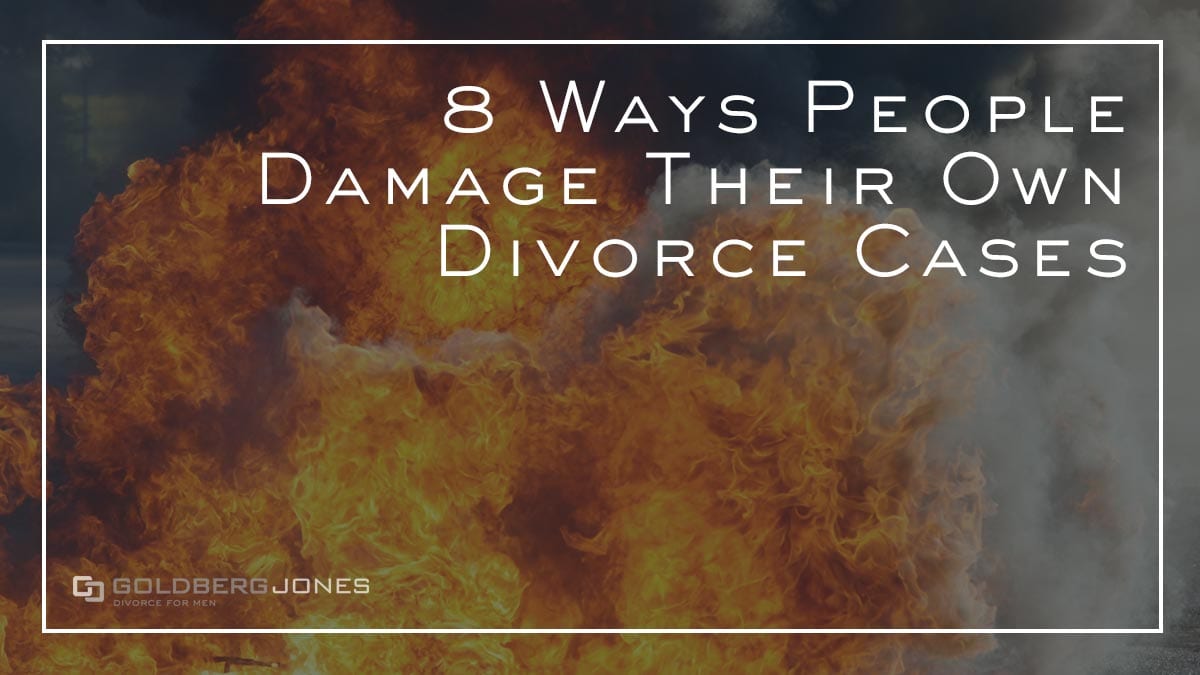As you already know, divorce is a tricky business. Emotions run high, tempers flare, and throwing children into the mix only escalates things. In custody cases, whether the parents are married or not, the court often appoints a guardian ad litem to protect the best interests of the child or children.
What Is A Guardian Ad Litem?
A guardian ad litem, or GAL, primarily serves to represent the best interests of the child in question in court. They do not serve as an actual guardian or caregiver.
In addition to divorce and custody cases, courts also appoint GALs in domestic dispute suits that involve adoption, child support, visitation rights, and even emancipation or the termination of parental rights.
They perform an in-depth investigation of a situation. From there, they present a report and recommendations to the court and advocate for the children.
Guardian ad litems come from many backgrounds. They may be:
- Attorneys.
- Mental health professionals.
- Social workers.
- Or other trained qualified individuals.
Once appointed by the court, they take an impartial position to best determine an optimal outcome for the child’s well-being.
The GAL interviews all the relevant parties, including the parents, children, and family. They also speak with other people able to provide insight into the case at hand. This often includes neighbors, teachers, or anyone else able to help illuminate the situation.
Appointed as they are, GALs are tasked with doing what is best for their respective wards. This doesn’t mean they always honor the direct wishes of the child.
Acting as officers of the court, they are also charged with maintaining objective independence, fairness to all parties and attorneys involved, and avoiding conflicts of interest, impropriety, or even the appearance of such in the execution of their duties.
Related Reading: Dealing With False Abuse Allegations in Divorce
When And Why the Court Appoints a GAL
There are a number of circumstances when the court appoints a guardian ad litem to a specific case. As with most facets of family law, these vary from area to area and judge to judge.
In situations with allegations of neglect or abuse, the court almost always appoints a GAL to perform an inquiry.
If parents have failed to follow previous court orders, or have been otherwise unable to prove themselves fit safe guardians, one may also be called upon.
Cases involving younger children also most often retain the services of a GAL.
In Washington, though minors don’t directly get to determine the outcome of a case. However, if a child is older, a teenager for instance, and able to express their feelings and comprehend the gravity and seriousness of divorce, the GAL may take their input into account.
This is, however, more of a courtesy. If the GAL determines the child’s best interest runs counter to their desires, that factors into their recommendation.
Either party can also ask to have a GAL assigned to their case. In these instances, the individual judge decides whether or not to grant this request.
When parents disagree about what’s best for the child, employing a GAL can be invaluable. Their input advances the proceedings if each side agrees to abide by their findings and recommendations.
Related Reading: What Are The Different Kinds of Protections Orders?
What A Guardian Ad Litem Means For Your Case
Every guardian ad litem has their own methods and approaches to their respective investigations. However, you will at the very least want to prepare yourself to be interviewed about your relationship with your future ex and your children.
They as a lot of questions and gather as much pertinent information as possible. This often includes:
- A brief overview of your history with your soon-to-be former spouse.
- What brought you to the point of divorce or separation.
- Possibly even what you think your ex will say about you.
- They also ask about your connection with your children.
- Daily routines.
- How you approach parenting.
- Your strengths and weaknesses as a parent.
Essentially, anything they think offers insight into your abilities as a parent or your relationship with your kids.
Depending on the style of the GAL appointed to your case, they also often ask for a list of additional people for them to interview. This most often means anyone who sees you interact with your children on a regular basis and can speak to your merits.
The guardian ad litem is not your enemy; they’re not out to attack you or your ability as a parent. They legitimately have the best interest of your children in mind and search for any information that sheds light on how to best serve the welfare and security of your kids.
It can be difficult and uncomfortable to have an outsider dig into your life and judge your parenting. Also, these will not always be easy questions to answer. But as is usually the case, honesty is the best policy.
Related Reading: Modifying a Child Support Order
Guardian Ad Litem Costs
A guardian ad litem can be compensated or a volunteer. Many counties in Washington State recruit, train, vet, and maintain a registry of volunteer guardians ad litem (VGALs) to serve as advocates for children in superior court cases.
That said, the services of a GAL also become quite pricey. Initial retainers often top $1000 or more. Fees, of course, only go up from there. How much depends on the length and complexity of the case.
The court may order all parties involved to share the costs. Or one may be required to shoulder the full burden, depending on their ability to pay. If the financial state of both sides dictates, the county may eat the costs of the GAL. As usual, it depends on the circumstances of everyone involved.
Related Reading: What’s in a Divorce Decree?
Join Over
400,000
Entrepreneurs getting our weekly newsletter


